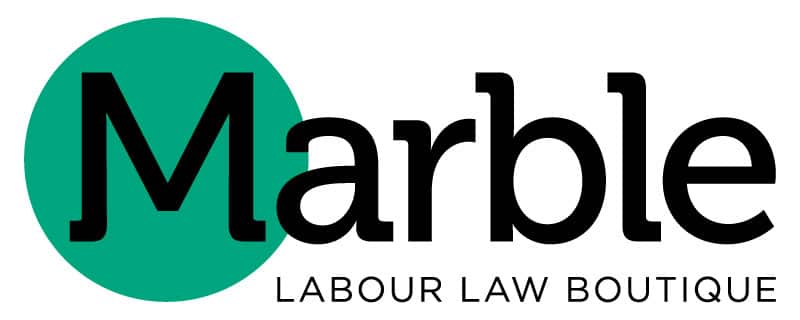27 Jun What will change in labour law land in 2022?
Transparent and predictable employment conditions
On 19 April 2022, the Lower House of Parliament agreed to the bill to implement the EU Directive on transparent and predictable terms of employment (‘Wtva’). This new act applies to existing and new employment contracts and will enter into force on 1 August 2022. The most important changes are listed below.
- The employer’s information obligation (which already exists on the grounds of Art. 7:655 BW) is extended (and advanced). Within one week after the start, the employer must inform the employee in writing about:
- the duration and conditions of the trial period
- the usual workplace
- the salary components
- the method and time of payment of the salary
- the normal working and rest times.
Most employment contracts are expected to already include this.
- The employer must also inform the employee in writing within one month of the start of the employment about:
- entitlement to holidays and other paid leave (where full pay continues to be paid)
- training policy (including the number of days on which they may attend training and the conditions)
- applicable procedures in the event of dismissal (including notice periods).
- For employees with an ‘unpredictable work pattern‘ (e.g. on-call workers), there is also a more extensive information obligation, such as the number of guaranteed paid hours, minimum on-call time, etc. The Flexible Work Act (‘Wfw’) is also being amended. Employees with an unpredictable work pattern can, after being employed for at least 26 weeks, submit a request for work with more predictable and secure employment conditions. An employer is not obliged to agree to this and the work must be available. An employer must respond to the request in writing with reasons within one month. For small employers (less than 10 employees), a longer period of three months applies. If an employer does not respond within the term, the request is deemed to have been granted.
- When a worker is seconded to another EU Member State, he must be informed in advance of the wages to which he is entitled under the law in force in the host Member State and of any allowances and arrangements for reimbursement of travel, subsistence and meal costs. The employer must also send the worker a link to the official website which the host Member State has set up for this purpose. In the absence of a response, the work will be adjusted according to the worker’s request.
- ‘Compulsory’ training/education must be offered free of charge and the time spent on it must be regarded as working time. Unfortunately, the definition of ‘compulsory training’ has not yet been fully clarified. A distinction can be made between training in the categories ‘need to have’ and ‘nice to have’; the first cannot be recovered from the employee by the employer by means of a study costs clause when the employee leaves the employment; the second can still be recovered.
- An employee’s side activities can no longer be prohibited unless justified by an ‘objective reason’. Examples: the avoidance of conflicts of interest, protection of confidential company information and the health and safety of the employee (e.g. working too much). It is not necessary to state the objective reason explicitly in advance.
Please note: We recommend going through the current employment contracts. Does it contain all the necessary information? And be aware that existing study costs and ancillary activities clauses may no longer be valid (in part) as of August 2022. For future employees, you can choose to adjust these. Of course, we can help you with that.

Paid Parental Leave Act (Wbo)
Employees are entitled to 26 weeks of unpaid parental leave until a child reaches the age of 8; as of 2 August 2022, employees are entitled to 9 of those 26 weeks of paid leave. These are the starting points:
- The 9 weeks can be taken flexibly during the child’s first year of life.
- During 9 (of the 26) weeks parental leave, employees can receive a benefit from the UWV of 70% of their salary (to a maximum of 70% of the maximum daily wage, see below).
- The payment is requested by the employer, but paid to the employee.
As of 1 July 2022, adjusted amounts for transitional compensation, minimum wage, etc.
- Minimum wage: EUR 10.14 gross per hour; EUR 1,756.20 gross per month (on the basis of 40 hours per week)
- Maximum daily wage (for ZW, WW, WIA, WAZO, etc.): EUR 232.90 per day; EUR 4,975.53 gross per month.
- Maximum transition payment: EUR 86,000 gross (unless annual salary is higher).
- AOW age: 66 years and 7 months.
Employee participation
As of 1 January 2022, employees have the right to vote in Works Council elections after only three months. They can also stand for election after three months. Temporary employees obtain these rights after 18 months. As of 1 January 2022, a permanent Works Council committee no longer needs to consist of a majority of Works Council members.
Any questions? Please feel free to contact Marble: info@mllb.nl


